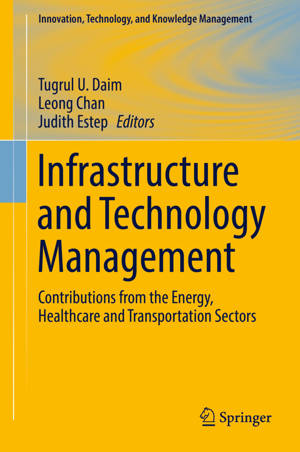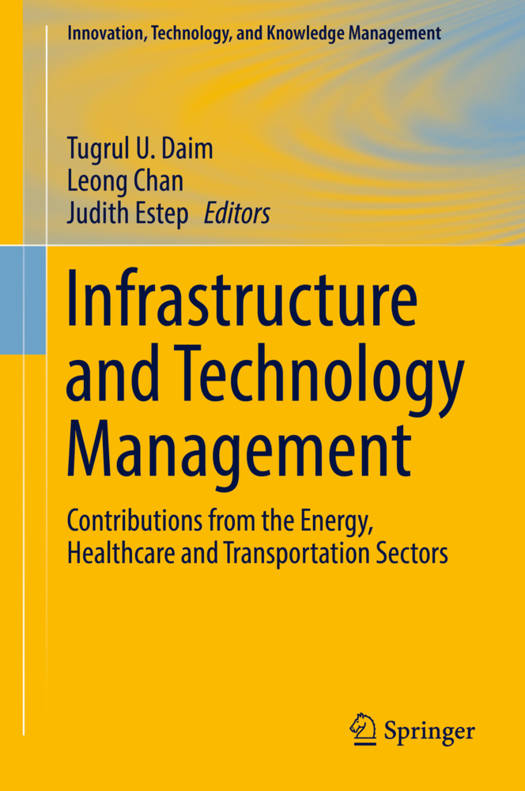
- Retrait gratuit dans votre magasin Club
- 7.000.000 titres dans notre catalogue
- Payer en toute sécurité
- Toujours un magasin près de chez vous
- Retrait gratuit dans votre magasin Club
- 7.000.0000 titres dans notre catalogue
- Payer en toute sécurité
- Toujours un magasin près de chez vous
Infrastructure and Technology Management
Contributions from the Energy, Healthcare and Transportation Sectors
210,95 €
+ 421 points
Description
Presents emerging technology management approaches and applied cases from leading infrastructure sectors
Provides decision making frameworks that can be utilized by executives and government leaders
Examines key sectors such as energy, healthcare and transportation
Provides decision making frameworks that can be utilized by executives and government leaders
Examines key sectors such as energy, healthcare and transportation
Spécifications
Parties prenantes
- Editeur:
Contenu
- Nombre de pages :
- 498
- Langue:
- Anglais
- Collection :
Caractéristiques
- EAN:
- 9783319689869
- Date de parution :
- 19-01-18
- Format:
- Livre relié
- Format numérique:
- Genaaid
- Dimensions :
- 156 mm x 234 mm
- Poids :
- 875 g

Les avis
Nous publions uniquement les avis qui respectent les conditions requises. Consultez nos conditions pour les avis.





